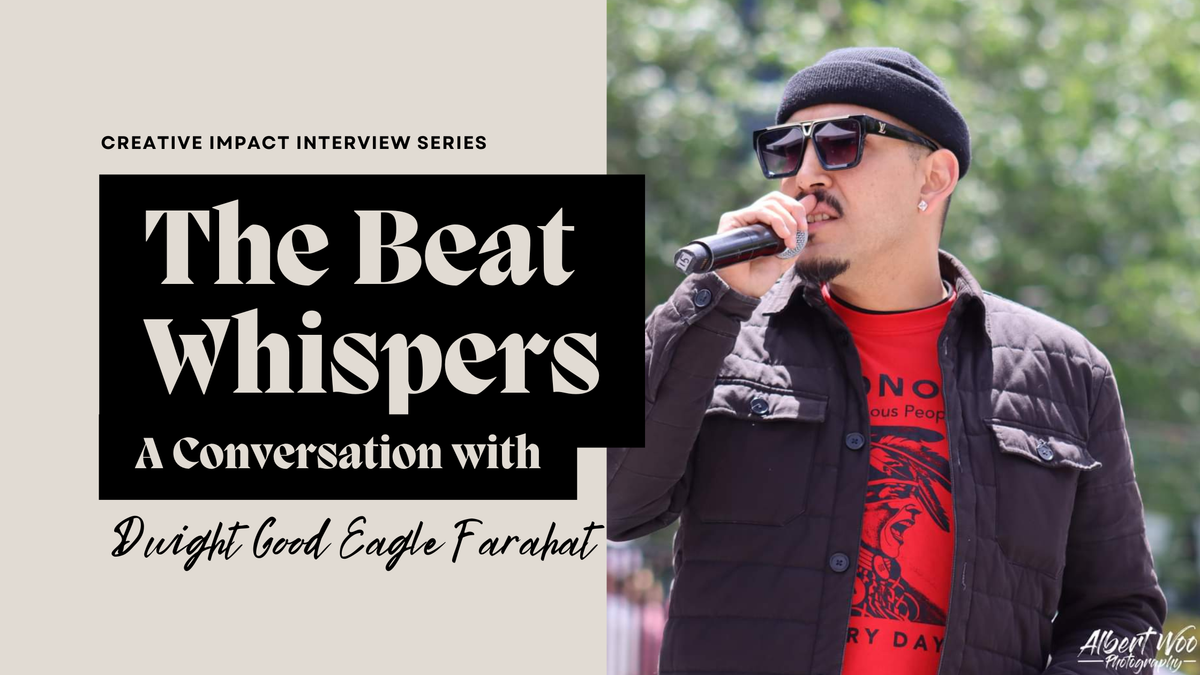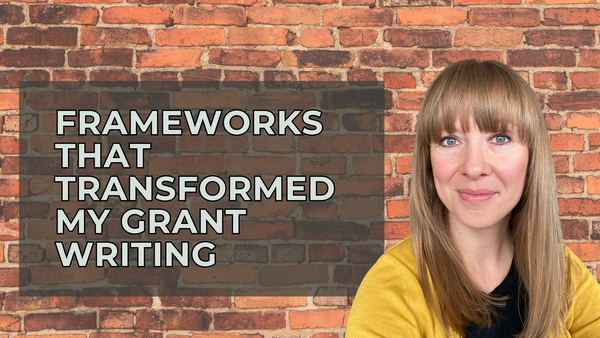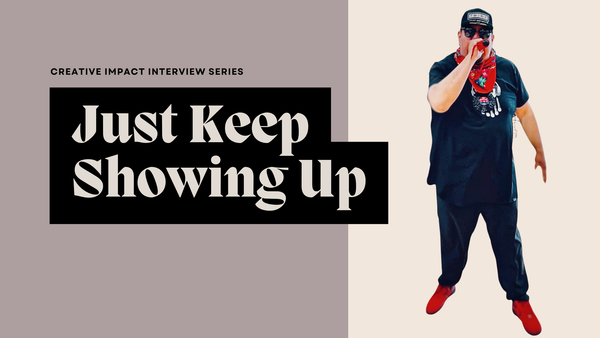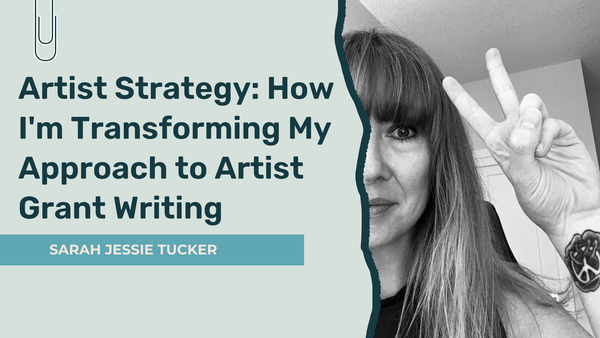The Beat Whispers: A Conversation with Dwight Good Eagle Farahat

Welcome to our Creative Impact interview series. This series highlights the ways Creative social entrepreneurs transform lived experience into creative impact. Through candid Q&A conversations, we explore how musicians, filmmakers, writers, artists, and cultural workers shape their practice, sustain their communities, and use art as a force for connection and change. Each interview becomes more than a feature; it’s a valuable resource that can inspire other artists, spark collaboration, and serve as a blueprint for crafting effective artist statements.
The first question we ask is inspired by Cultivating Safe Spaces, a framework rooted in understanding self and founded by Elaine Alec of Naqsmist. From there, the dialogue expands into process, projects, and dreams to illuminate how creative entrepreneurs use their voices and visions to create change. Our first interview is with Dwight Good Eagle Farahat.
Dwight is a culture-rooted visionary. A Siksika, Palestinian, and Welsh blend of brilliance with a mic full of truth and a heart full of purpose. He’s a rapper, songwriter, artist, social worker, and community developer who doesn’t just spit bars; he sparks movements.
As CEO of Tribe Artist Society, Dwight runs things like it’s both a cypher and a ceremony. He’s hosted Rap Nights that feel like revival, built sober spaces rooted in cultural connection, and created programs that carry both spirit and strategy. From budget sheets to prayer songs, studio sessions to ceremony, everything he touches is driven by love for the people.
He’s that rare mix: creative and organized, streetwise and strategic, loud on the mic and quiet in the details. Whether he's mentoring youth, collaborating with knowledge keepers, or coordinating a cross-city collab, Dwight shows up hand to heart, always for the community.
Q: Who are you, who do you belong to, and what’s your purpose?
Dwight: That’s something I’ve always struggled with—"Who am I?" A lot of times, it comes down to labels. I’m from the Siksika Nation. I’m from Forest Lawn. I’m a Calgarian. All those things make up who I am. I feel like I belong to Tribe Artist Society. But I also ask myself: who am I without those labels?
When I’m sitting on a hill, just me and the sunshine and the grass—who am I then? The simplest answer I have is: I’m a spirit in a human’s body having a human experience. And I often feel lost and disconnected from who I really am. I think a lot of us feel that way.
My purpose? I feel like it’s to help people fall back in love with themselves—or deeper in love with themselves. That’s been my main struggle my whole life. And because I feel that so deeply, I really feel like that’s my purpose. As an Indigenous person, our community suffers from a lack of self-love. We’re often surrounded by so much death and hardship. Sometimes it feels impossible to take. The only way I’ve been able to survive all that pain is by helping others.
All that said, it comes down to my music. When I write songs, I want to make people feel something deeply. When I DJ, I want to bring joy. Even if I don’t like the song myself, I want to see people expressing joy. So yeah, that’s who I am, and I really feel like I belong to the Indigenous community and to Tribe Artist Society. My purpose is to help people fall back in love with themselves or deeper in love with themselves.
Q: What do you create, and what’s your process like when you create?
Dwight: My style of songwriting is as much like play as possible. Some people write lyrics in their phones or on a computer, but my favourite way is with blank printer paper. I cut the paper into strips, write out lines, then literally cut and paste with scissors and tape—rearranging things until a song starts to take shape. At the end, I often have this huge scroll of lyrics taped together. It feels like building something with my hands.
When I listen to beats, I ask myself: “What’s the beat whispering to me? What’s it telling me to do? What song already exists here that I just need to uncover?” The song is already in there—I just have to find it. That’s how I approach creation.
A lot of my songs come out of real-life experiences and emotions. For example, I once went to a march for Missing and Murdered Indigenous Women. I saw a child carrying a sign with their mom’s photo—she had been murdered. I recognized her from the community, just in passing, and it hit me really deeply. On the way home, I was listening to instrumentals, and one just opened me up. The song poured out of me. That became “Memories of You.” Many of my songs come from tragic moments like that—suicide, violence, grief. But others are born out of pure joy and play. There are two sides of me.
A big part of my process is freestyling while driving. I’ll put on an instrumental, turn it up loud, and just sing or rap until something comes out. I record those sessions on my phone. If I go a week or two without freestyling, I actually start to feel down—it’s like a self-check-in with my emotions. Often, whole songs come out of those self-check-ins.
I don’t see myself as the most technical rapper. I’m not heavy on similes or punchlines. My strength is storytelling—saying what I feel in the rawest, truest way. That’s what makes my songs connect with people.
When I DJ, my process is also about play and joy. I pick music that makes me want to dance. I literally dance to every track I consider, and if it doesn’t move me, I don’t add it to my playlist. If it doesn’t bring me joy, I know it won’t bring the audience joy either.
And when we create songs in groups, we make it playful and collective. Sometimes I’ll ask everyone to close their eyes and vote on different chorus options by feel. Almost always, the group votes the same way—because the song itself guides us. It’s never about ego or who had the idea. It’s about what’s best for the song.
Q: What are you working on right now?
Dwight: We’ve been working on a lot of group tracks with Tribe Artist Society. We created a song called "Tribe Anthem" and another called "Tribe Stomp," which even has a dance with it. We performed that in Edmonton, and people loved it. We started making these songs to perform at events like the Mayor's Celebration of the Arts, but they’ve taken on a life of their own.
I’ve also been DJing more—that’s something new for me. And I’ve got lots of ideas, like a Native gospel album that’s non-Christianized praise music, and a dance album. I’m not trying to stay in one box. Even if I got famous for one style, I’d still want to switch it up. That’s just who I am.
At Tribe, our programming is guided by four questions: Is it fun? Is it easy? Is it meaningful? Is it impactful? We want our work to be joyful and transformative—for both the artists and the audience.
Q: What’s your dream project or opportunity?
Dwight: It’s less about a dream project and more about dream opportunities. Like, I found out my favourite artist, Nahko Bear, is playing in Vancouver. I messaged them saying I’d love to open, even for free. Didn’t hear back, but I’m working my network.
For me, that would be a dream. Not some big name necessarily—just opening for my favourite artist. That would be amazing and a great achievement.
Q: What kind of impact do you hope to make through Tribe Artist Society?
Dwight: With Tribe, the goal isn’t just to create amazing rappers or artists. The real goal is belonging. It’s about people feeling like they have somebody to call, a community they can lean on, and a place where they belong. That’s what Tribe is really about.
We run different programs—like Monday Rap Night, where we freestyle and write together; a drum group; and Mixtape Club, where anyone who shows up can make a beat, write a rhyme, record it, and then leave with it that night. Out of those programs, a real community has formed. Artists meet each other, start new projects, and even build whole bands. One of my favourite new bands, Hip Hip Thursday, may not exist in the same way if not for Monday Rap Night. The bass player and lead singer met there.
But our focus isn’t just on music. It’s on relationships, on creating a sense of belonging. That’s the most important thing. Lately, we’ve been working with more adults, but I want to return to youth programming too. There’s a different dynamic with youth—a willingness to be coached and mentored, and I think that’s powerful.
We’ve also seen big opportunities come out of our community. One of our guys, Ricca Razor Sharp, got the chance to open for T-Pain at Cowboys. Instead of doing it solo, he invited the whole Tribe crew to perform with him. That’s what this is about. You could have that moment alone, and it would be special, but it’s so much more powerful when you share it with your ten best friends. That’s the spirit of Tribe.
For me, the impact is community. It’s about love, support, and belonging—not just for artists, but for people who need to know they’re not alone.




